
Is Dropshipping Legal

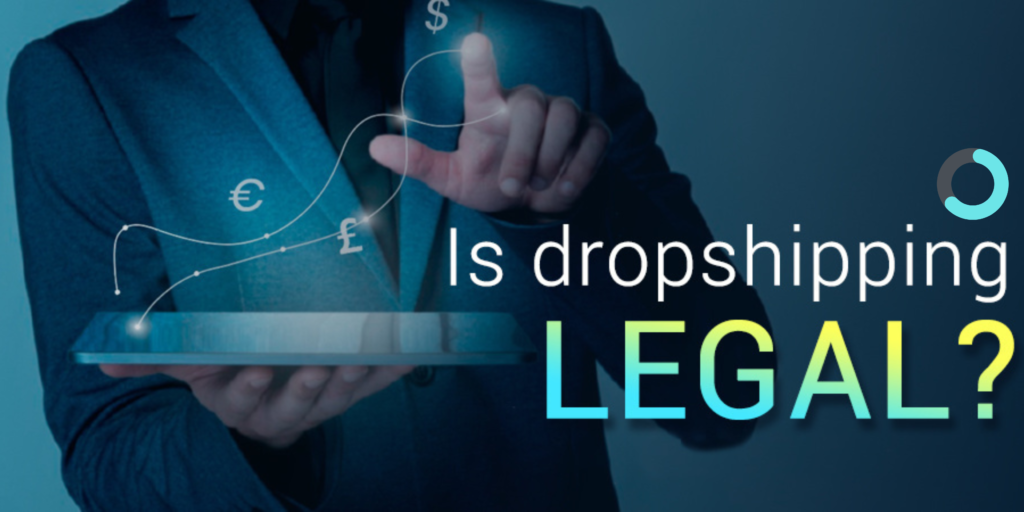
Is Dropshipping Legal: Dropshipping is, in fact, legal! People often ask that is dropshipping legal.However, there are several constraints and laws that govern how and where the dropshipping model may be used. Check the legislation in your specific state to ensure that your eCommerce company is legal.
What is Dropshipping?
Dropshipping is an order fulfilment method that does not require a company to keep things in stock. Instead, the business sells the item and forwards the sales order to a third-party supplier, who sends the purchase to the buyer.
People ask “Is dropshipping legal?” because they are suspicious; many wonder how it is feasible to generate money and sell things online without keeping or owning any inventory.
How does dropshipping work?
The major reason why some individuals are unsure whether dropshipping is legal is because it appears to be too good to be true. How can a dropshipper earn $1,000 per day just by reselling items from AliExpress? Isn’t it likewise ethically immoral to charge consumers extra for items that they can get from the same suppliers?
However, a closer examination of dropshipping reveals that it is much more than simply reselling items with a markup. Dropshippers put forth a lot of effort to get their clients what they need.
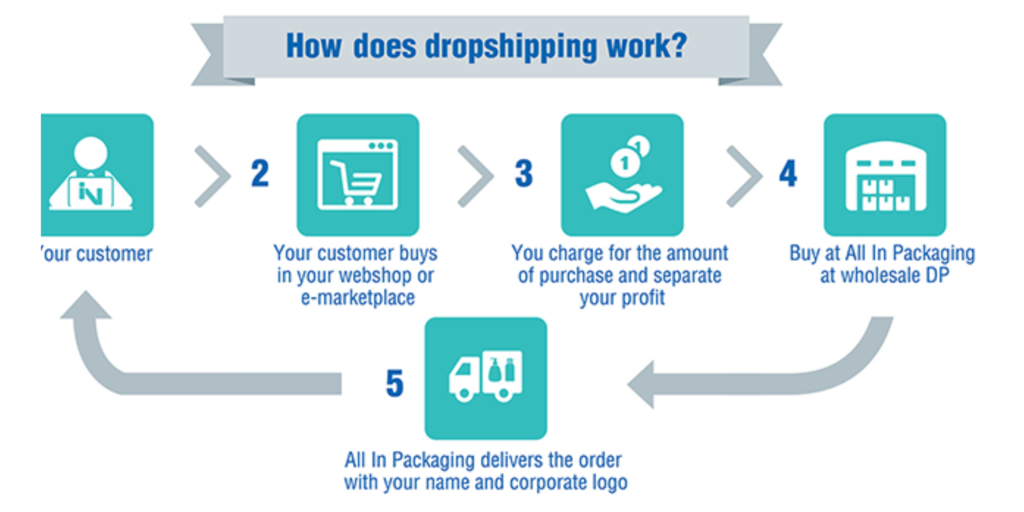
Here are the most important things to ensure your dropshipping business is legal:
Obtain a Business License
Many states consider conducting an online business without an eCommerce business licence to be illegal. Failure to get a licence before operating can result in large penalties, criminal prosecution, and possibly jail time. Make sure to research the regulations of your state as well as the platform you’ll be selling on. You may also need to incorporate your company. This is one of the first steps you should take when selecting fresh dropshipping company ideas to put into a business to guarantee you get off to a good start, and it is essential to include in your dropshipping business plan.
You must pay your taxes
When you obtain your company licence, you will also be given an Employer Identification Number, or EIN. The government uses this number to track your firm for tax purposes. You must pay all of these taxes as well as set up your shop for automated dropshipping to automatically apply state taxes to transactions. This will prevent future audits and save you from having to eat the taxes on your sales. Because dropshippers sometimes rely on several suppliers, shipping and sales taxes can get problematic. Invest in eCommerce software that can compute this for you automatically.
Purchase commercial insurance.
Getting eCommerce business insurance does not make your company legal, but it does protect it from various legal difficulties. Insurance can restrict your liability if the things you sell are damaged in transportation, cause harm to the consumer, or are otherwise defective. Many states additionally require you to carry insurance in order to conduct business within their boundaries. When launching your firm, pay attention to local, state, and federal insurance regulations. When you start establishing dropshipping positions and need to cover several employees, you’ll undoubtedly require this insurance.
Do not violate copyrights.
Unfortunately, selling copyrighted items is one of the most prevalent dropshipping rookie blunders. This is due to loose copyright rules in the countries where the majority of dropshippers’ items are created. Make sure you understand the copyright restrictions and only work with vendors you can trust. Use a wholesale directory to discover how to identify suppliers who provide items that are not restricted by copyright regulations. Even if you did not create the items, you might be sued for selling them.
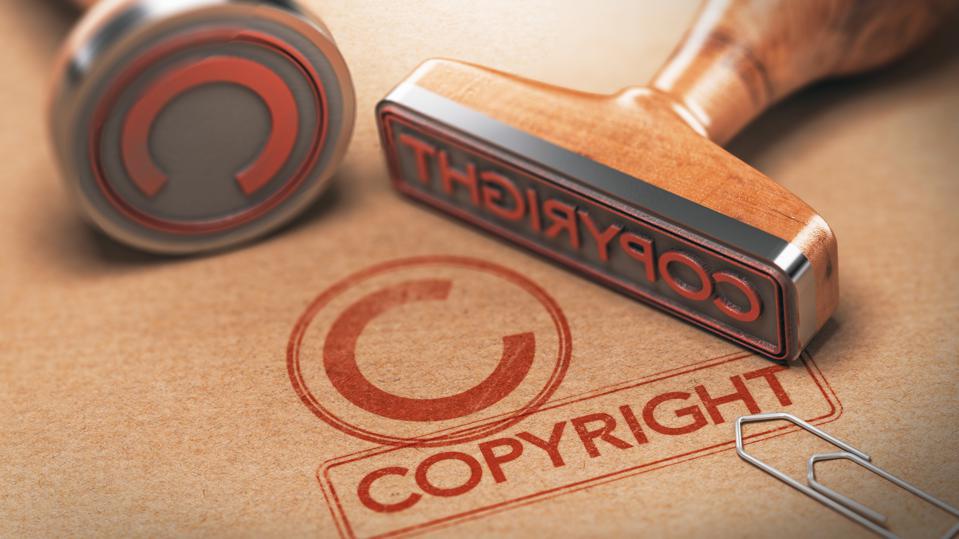
Is Dropshipping from Amazon Legal?
Yes, Amazon dropshipping is legal. In reality, dropshipping accounts for more than 30% of Amazon’s annual revenues. However, there are a few things you should avoid if you want to keep your storefront open, as there are differences between Amazon FBA and dropshipping.
To begin, you must avoid selling copyrighted or unauthorised materials. Amazon takes this policy seriously, and you should too. Failure to comply may result in platform suspension or legal action.
To avoid receiving unfavourable reviews or having your store banned by Amazon, you should also avoid offering items with an exorbitant markup. To avoid price gouging, make sure you grasp the difference between markup and margin when determining pricing.
5 Hard Truths About Dropshipping
If you’re a business owner who wants to ship products for your online store (for example, a traditional retail business selling t-shirts) without having to stock the inventory yourself or potentially add new products, the dropshipping model can be a solution and, more importantly, be beneficial to an e-commerce store.
When a consumer purchases anything online, the dropshipping company sends the product directly to the customer. It’s a method for large and small businesses alike to acquire items while generating a little money and conserving some storage space.
Of course, this is easier said than done, so before you invest all of your funds in a dropshipping company, here are some reasons why it might be difficult:
- Less profit margins
- Extremely competitive
- Concerns about legal liability.
- No control over the supply chain
- It is difficult to establish a brand
Choose the Best Dropshipping Suppliers
If you include dropshipping in your sales strategy in any capacity, you are forming a commercial partnership with the provider.
As previously said, as the seller, you are frequently at the mercy of your dropshipper in terms of product quality, timely distribution, and even legal compliance.
That implies you must pick them with extreme caution.
For one thing, you should ensure that the items are as described, but you should also check to see if their shipment fulfils your requirements.
Aside from the state of the items, there are several issues concerning how your supplier does business.
Here’s a brief checklist of things to ask yourself before doing business with someone:
- How do they manage product returns or damage?
- How long does it take them, from sale to delivery, to complete an order?
- How do they handle customer service? (You are welcome to put this to the test.)
- Do they cover orders?
- Do they provide protection against fraud?
- Can you discover internet reviews or references?
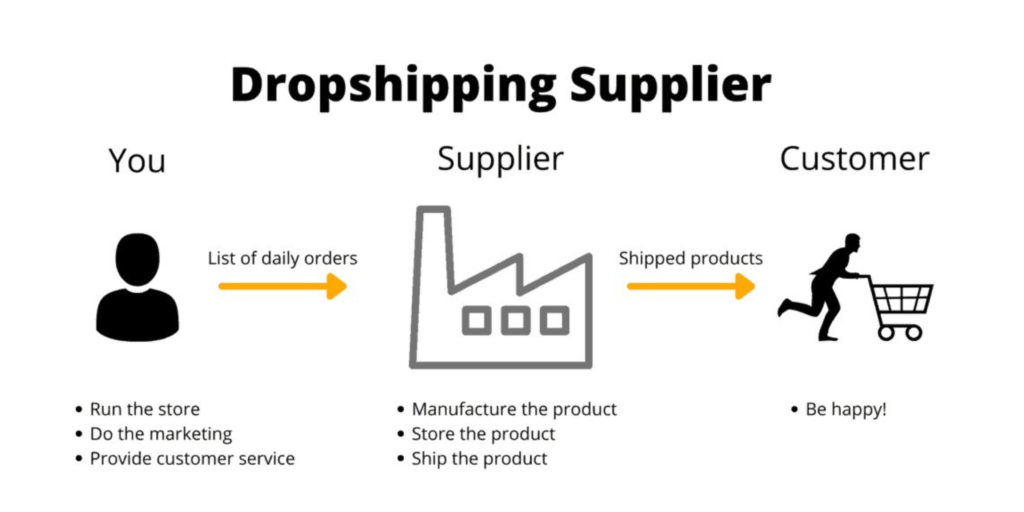













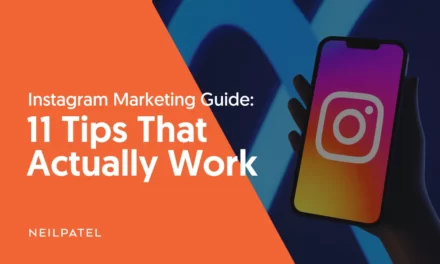
















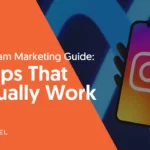

Recent Comments